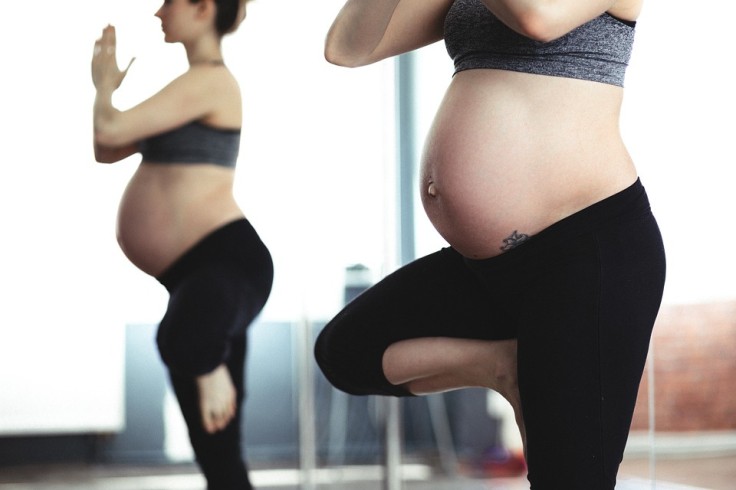
If you are an active person, an hour of cardio at the gym may be a piece of cake, but things can be different once you are pregnant. According to Renee M. Jeffreys, M.Sc., a prenatal-fitness consultant and co-author of Fit to Deliver, a lot of active women are surprised at how pregnancy affects their overall workouts. However, it is important to remember that these are just normal, short-term changes.
Benefits of Exercising While Pregnant
When you are pregnant, your exercise routine will depend on your fitness level, which trimester you are in and how you are feeling. But one thing is true for everyone: The gym is a great place to be when pregnant. If one cardio machine or one strength exercise is not comfortable, there is always another type of machine or piece of equipment that you can try.
Getting yourself to the gym takes a different dose of motivation, but the payoff is worth it. Consistent exercise during pregnancy can help minimize constipation and aches. It can also help you sleep better and it can lower your risk of gestational diabetes and depression. You may even have a shorter and less complicated labor. Developing great workout habits while you are pregnant can also help you get your pre-preggo body back faster after delivery.
What's more is that exercise can help keep your endorphins flowing, according to Erinn Mikeska, a prenatal trainer, and owner of Delivering Fitness. That is an important benefit since we all know that there are more mood disturbances during pregnancy than postpartum, because of the massive influx of extra estrogen and progesterone. This is according to Melanie Poudevigne, Ph.D., a health and fitness management program coordinator at Clayton State University.
Will it harm the baby?
According to Bruce K. Young, MD, the co-author of Miscarriage, Medicine and Miracles and professor of obstetrics and gynecology at New York University School of Medicine, a lot of newly pregnant exercisers worry about miscarriage because they still believe at age-old myths that say strenuous exercises and activities can harm the baby. However, early in pregnancy, elevating your core body temperature may be damaging to the fetus, so it is important to stay hydrated, do not exercise outdoors in the heat of the day and avoid huffing and puffing so hard to the point where you can't talk.
Heavy exercises won't hurt your baby, but it will definitely tire you more quickly than it did before you were pregnant. The blood volume doubles during pregnancy, and a woman's heart needs to work harder in order to push all that blood around, including circulating it through the placenta, which is an extra organ. According to Dr. Young, that means that the stress on your heart will be 50 percent greater for the same exercise that you were doing before pregnancy.
The best exercises during pregnancy are Pilates, yoga, strength exercises, water aerobics, walking on the treadmill and using elliptical trainers and stationary bikes. The exercises that you should avoid while you are pregnant are scuba diving, horseback riding and any sports that can cause blunt-force trauma.
If you experience abdominal cramping, vaginal bleeding, excessive nausea, light-headedness, and extreme headaches, you should stop immediately. Also, watch out for dehydration, because it can cause preterm uterine contractions and it can even lead to preterm labor. Make sure that you drink 8 to 9 glasses of water every day.
ALSO READ: 6 After-Birth Exercises for that Sexy Post-Baby Body